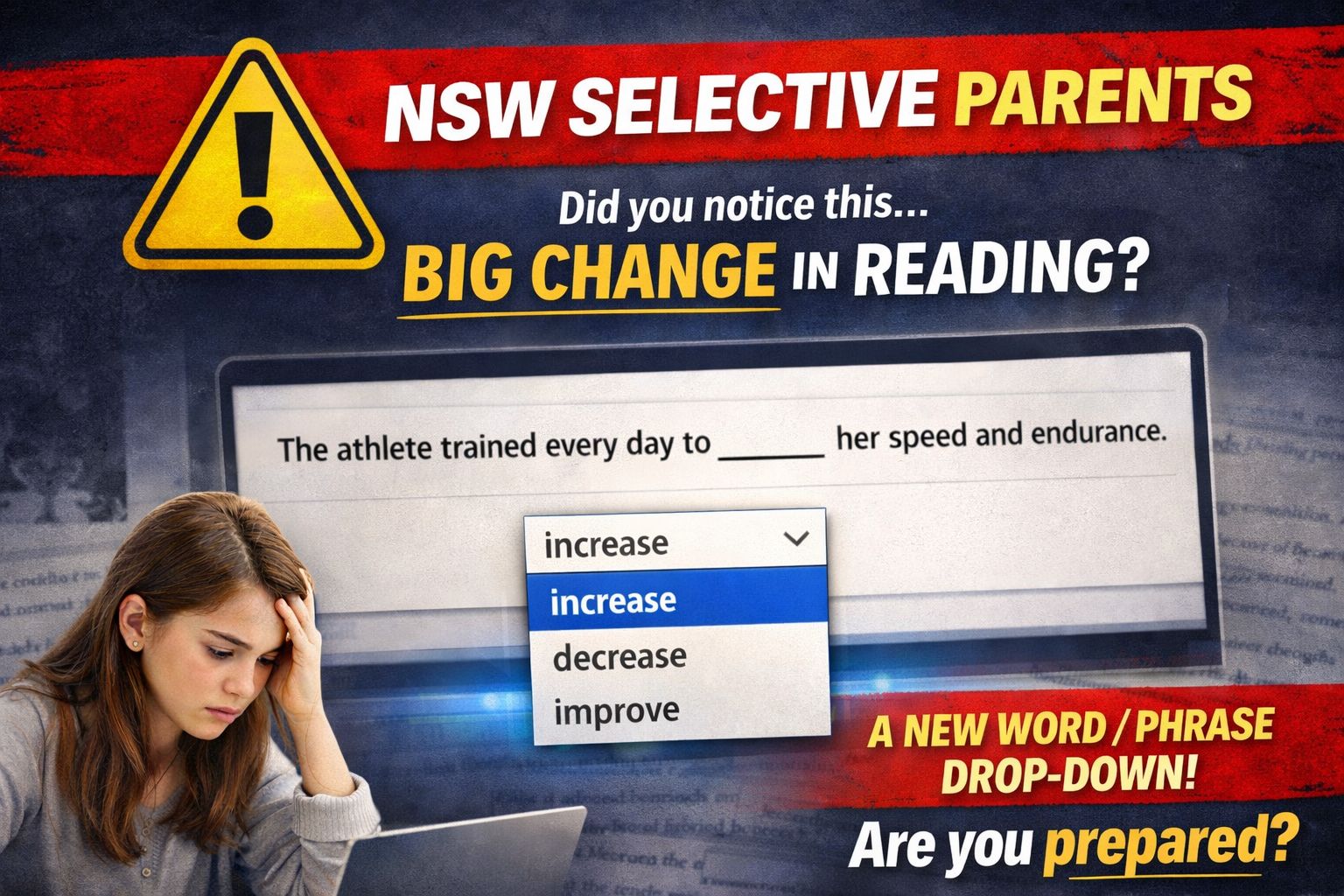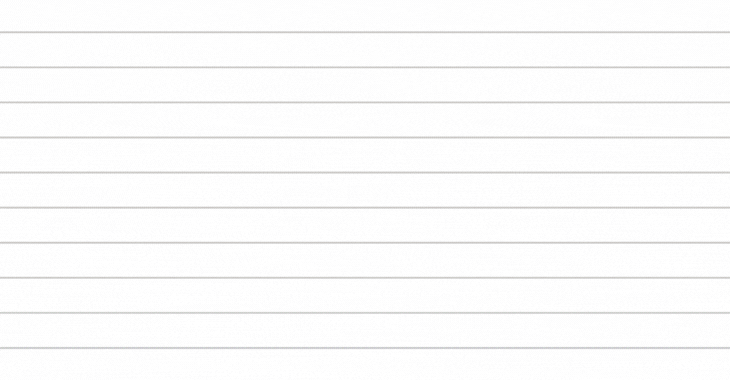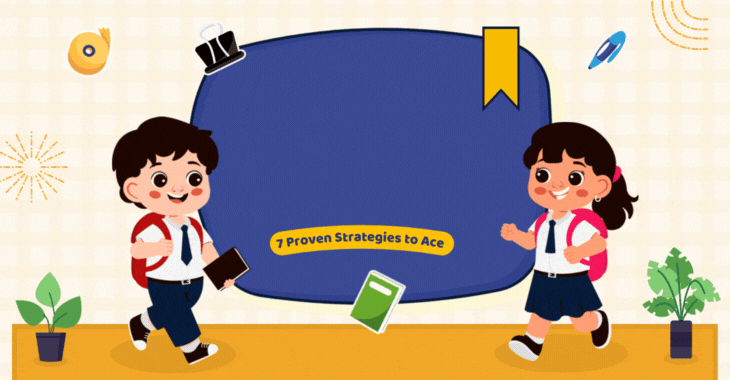
How hard is the NSW Selective Test?
What is the NSW Selective Test or NSW Selective High School Placement Test?
The NSW Selective Test is a placement exam conducted by the NSW Education Department in association with the Cambridge University Press & Assessment for Year 7 entry in Selective High Schools of New South Wales (NSW). The test is a highly competitive entrance exam which identifies candidates with exceptional academic abilities for the stimulating learning environment of the Selective High Schools.
Is the NSW Selective Test hard or easy?
Well, that I guess is the million dollar question for all the prospective candidates and their parents. But, whether the test is difficult or not, depends on the individual perception of the candidate writing the test.
As per the resources available it is roughly estimated that each year over 15000 students sit for the NSW Selective Test for approximately 4000 spots in Selective High Schools across NSW. Well, this rough estimate is enough to develop an understanding of the difficulty level of the test.
NSW Selective Test Challenges
The present NSW Selective test format consists of the following subjects:
- Reading
- Mathematical Skills
- Thinking Skills, &
- Writing
Well, this essentially means that the appearing students need to have or work on the following areas:
- Solidified understanding of the foundational academic concepts
- Creative & Critical cognition abilities
- Persistence, perseverance & problem solving aptitude
Factors contributing to the NSW Selective Test difficulty
Whether the NSW Selective Test is challenging or a child’s play, is completely subjective. According to experts, noted below are some factors that make the NSW Selective Test objectively more challenging than many other entrance tests.
The factors are:
- Higher-order Thinking Skills- In this test the students have to showcase critical thinking, problem-solving, and analytical skills to solve the complex questions in the test.
- Time Constraint- The limited time duration for each test section adds up to the pressure during the tests. Lack of time adds up to the pressure and difficulty level of the test. This often crumbles students and defers them all answering questions with accuracy.
- Fiercely Competitive- The limited number of spots available in the Selective High Schools makes the test even more competitive each year. This ends up in a multitude of academically performing students battling it out in the test.
Factors affecting the NSW Selective Test difficulties- Perception level
The NSW Selective Test is comparatively objectively challenging than the placement/entrance tests. But whether the test itself is easy or hard at the individual perception level can vary depending on several factors. They are:
- Individual abilities: Students with strong academic abilities and a natural flair for problem-solving find the test less difficult. Whereas others who lag a little in skills like- problem-solving and other higher-order cognitive skills may find it more difficult.
- Personal Preparation: Adequate and focussed preparation is crucial for acing the NSW Selective Test. Students who have diligently prepared and practised regularly are more likely to find the NSW Selective Test less challenging.
- Test-taking strategies: Effective, tried and tested test-taking strategies can help students manage their time better, reduce anxiety, and improve their performance during the real test.
- Positive Approach: A positive mindset can instil confidence in one’s abilities. This can significantly make a positive impact in the performance during the real test.
Preparation tips for succeeding the NSW Selective Test
If your child is a NSW Selective Test candidate, the following preparation strategies can surely help them do better.
- Start Preparing Early- Starting with the tedious preparation journey early will help you cover all topics and leave ample time for multiple revisions. Also, this puts you way ahead in the race.
- Know the Test Content- Familiar yourself with the subjects tested, topics covered, type of questions to be asked and the format of the test. This keeps you mentally prepared for what to expect during the real test.
- Ensure Regular Practice- Practice regularly with past papers, sample questions, and practice tests to maintain consistency, improve accuracy and speed.
- Learn to manage time effectively- Timed practice tests help you navigate and pick up the time management skills better.
- Seek Expert help- For a more guided preparation journey make it a point to take help from the experts. Depending on your needs, seek help from the leading exam preparing platform- Selectivetrial.
Chose a preparation journey tailored just to suit your child’s needs only with Selectivetrial. For further details visit us.






